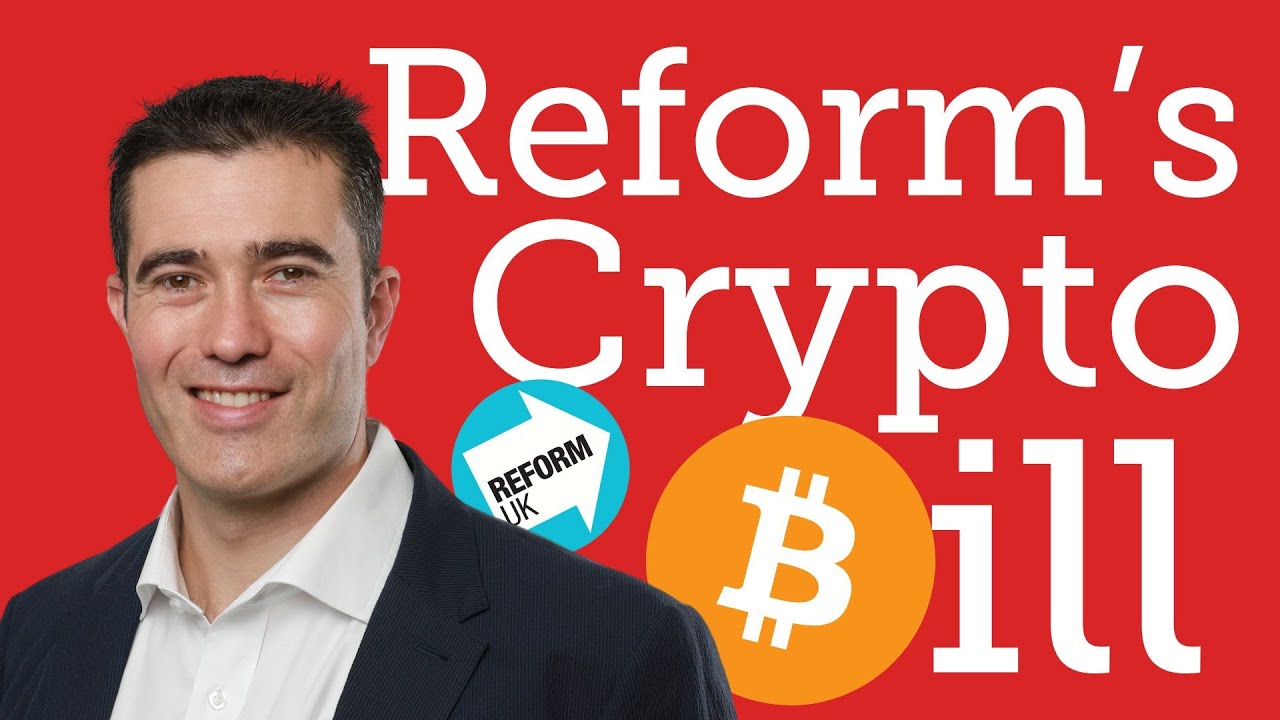The discussion highlights the UK’s substantial Bitcoin holdings and criticizes its restrictive, sluggish regulatory environment, which has driven crypto innovation abroad to more open jurisdictions like Dubai and Singapore. Freddy New emphasizes the need for progressive regulation, such as Nigel Farage’s proposed crypto bill, to protect assets, foster innovation, and balance financial stability with individual freedoms.
The discussion begins by highlighting the significant UK holdings of Bitcoin, with the country owning around 61,000 coins, making it the third-largest nation in Bitcoin reserves after China and the US. Despite this sizable stake, UK crypto investors face numerous barriers due to regulatory restrictions, such as the FCA’s ban on retail access to derivative products and strict disclaimers on exchanges, which push investors toward less regulated overseas platforms. The speaker criticizes the UK for lacking a proactive approach compared to other jurisdictions like the US, EU, Dubai, and Singapore, which are more open to crypto innovation and regulation.
Freddy New, the guest, explains the broad scope of what constitutes cryptocurrency, dividing it into various categories including Bitcoin, stablecoins, meme coins, and NFTs. He emphasizes that regulation tends to group these diverse assets together, despite their distinct functionalities and risks. For example, Bitcoin is described as a finite digital currency without a central issuer, akin to digital gold, while stablecoins are pegged to traditional fiat currencies. NFTs are digital collectibles that leverage blockchain technology to prevent copying, showcasing the fascinating digital properties that avoid the typical digital abundance.
On the monetary aspect, Freddy compares Bitcoin with traditional fiat currencies, noting that most money today is a liability owed by banks or central banks, whereas Bitcoin is a non-liability asset that exists independently. Unlike fiat, which can be infinitely created and backed only by government credit, Bitcoin has a fixed supply and thus offers lower credit risk. He describes Bitcoin as similar to gold in digital form and highlights its role as a final settlement medium in transactions, contrasting it with the delayed finality in traditional banking systems.
The discussion shifts to the UK’s regulatory environment, which Freddy criticizes heavily. He notes that the FCA’s approach has been sluggish, reactive, and hostile, resulting in the UK falling behind globally in crypto regulation. The FCA’s ban on retail investment, restrictions on advertising, and the reluctance to approve regulated exchange-traded products have driven UK businesses abroad, especially to the EU and other more progressive jurisdictions like Dubai and Singapore. Freddy attributes this to a lack of expertise within the FCA and a tendency to dismiss industry advice, which hampers innovation and the UK’s competitiveness.
Finally, Freddy discusses the UK’s potential for positive regulatory reforms, referencing Nigel Farage’s recent crypto bill proposals. He welcomes measures like reducing capital gains taxes, enabling crypto payments of taxes, and establishing a two-year regulatory sandbox. He highlights the importance of safeguarding the UK’s significant Bitcoin holdings, currently managed by law enforcement, advocating for proper custody and strategic use of these assets. Freddy concludes by emphasizing the need for a transparent, supportive regulatory framework that integrates technological innovation, promotes financial stability, and protects individual freedoms to transact and self-custody digital assets.
